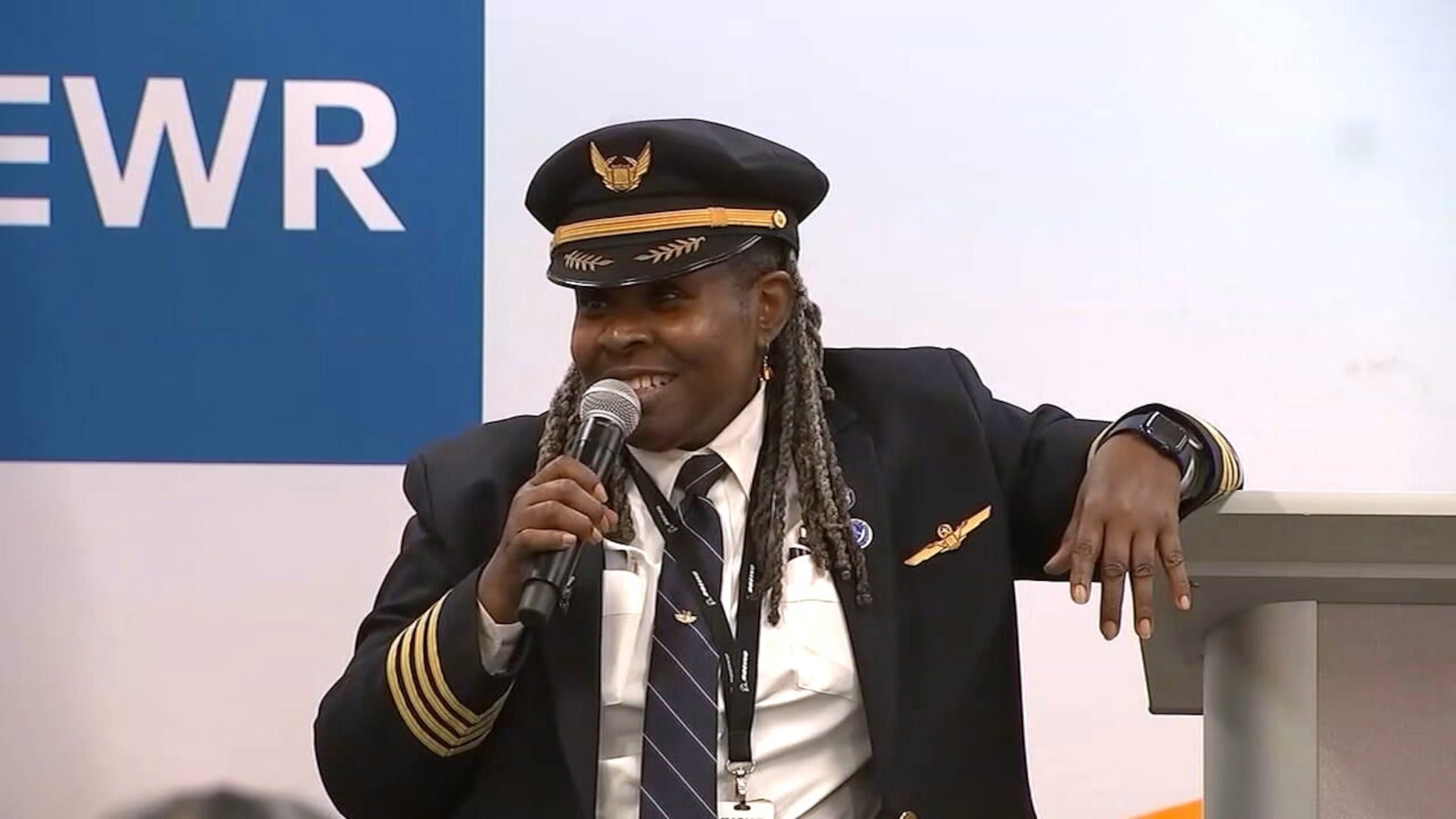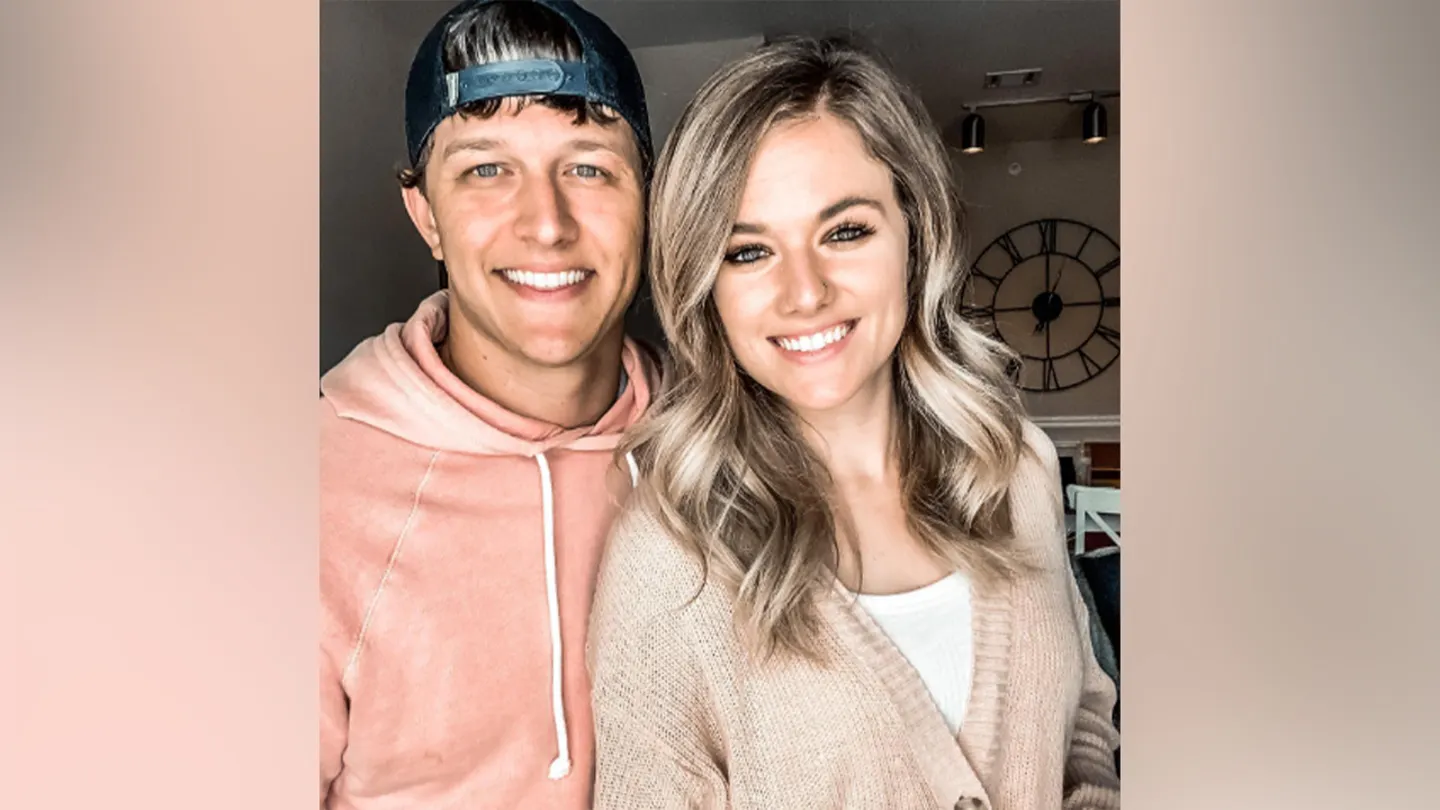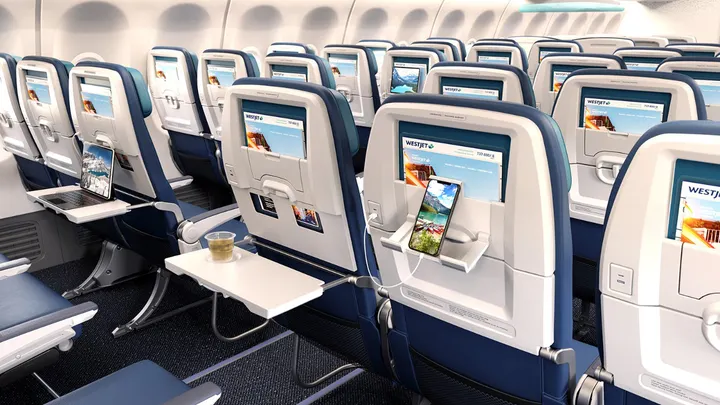Pioneering aviator Captain Theresa M. Claiborne has retired after 43 years of flying, first as a second lieutenant and the first Black female pilot in the U.S. Air Force, and then as a captain at United Airlines.
Claiborne was hired by United in January 1990 after seven years of active duty with the Air Force and 13 years in the Air Force Reserves. Her final landing for United Thursday at Newark, New Jersey’s Newark Liberty International Airport marked her retirement after 34 years with the air carrier.
Claiborne has logged more than 23,000 career flight hours.
“I plan to spend my days inspiring young people to follow their dreams by turning them into goals, shattering glass ceilings, and defying all odds,” Claiborne wrote, in part, in an Instagram post marking the occasion. “I’ll be calling in my friends from all around the world to share their experiences to empower the next generation of trailblazers who are destined for greatness.”
“It’s been a pleasure to be your Captain and an absolute honor to fly the friendly skies,” her post concluded.
Claiborne was one of 25 Black female pilots at United Airlines at the time of her retirement, according to her website. United’s 2023 U.S. demographic data report shows that 15.1% of their frontline employees – which encompasses pilots, flight attendance, gate agents, baggage handlers and caterers – are Black or African American.
“Congratulations to Captain Claiborne on a remarkable career. Her legacy and impact are an inspiration to so many current and future aviators. United is a better airline thanks to her decades of service and leadership and we wish her nothing but the best in retirement,” United CEO Scott Kirby said.
According to the most recent data from the U.S. Bureau of Labor Statistics, 93.7% of professional pilots in the U.S. are white and 92.5% are male.
In 2022, Claiborne told ABC News that flight costs and generational and economic disadvantages are major factors in the lack of pilots of color. The average total cost for all training and licensing required by the FAA to become a commercial pilot is nearly $100,000.
“That’s a lot of money. And financial institutions are not jumping at the bit to loan that kind of money to an aviation student,” Claiborne said. “We don’t have these long generations of pilots in the family.”
There are fewer than 200 Black women pilots in the U.S., according to the Sisters of the Skies Foundation, a nonprofit that Claiborne co-founded in 2016 that’s dedicated to increasing that number through scholarships and mentorships.




